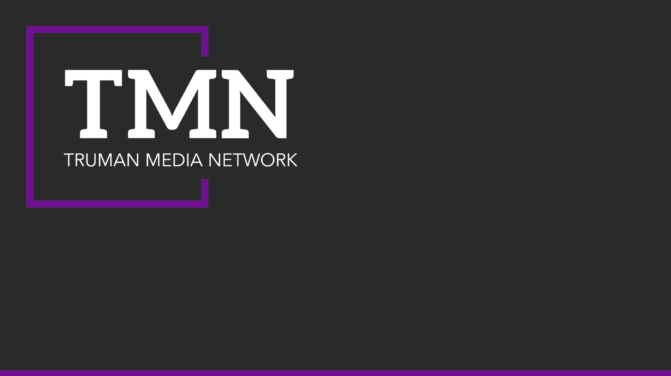
Truman State University has an above average number of LGBTQ students when compared to other Missouri universities. This year, 20 percent of students at Truman identify as LGBTQ, which is higher than the 10-12 percent other Missouri universities have reported, said Janna Stoskopf, vice president for student affairs.
Stoskopf said Truman has been actively working toward more inclusivity to make students of all identities welcome. The University’s already welcoming atmosphere for all students could be why Truman’s LGBTQ enrollment is higher, she said.
“It’s a warm, welcoming, accepting, inclusive community as a whole,” Admission Director Melody Chambers said. “The fact that the University’s mission in part values diversity in all respects is something that at least on the surface maybe attracts people to investigating the University.”
Stoskopf said one way Truman has worked toward creating a safer environment for LGBTQ students is through various programs aimed to help students with their concerns. The Safe Zone Program trains faculty and staff on issues impacting LGBTQ students. Once they complete the training, they can sign a pledge saying they are an ally, and they can place a sticker on their office door indicating they are a safe person to come to with any concerns. This program, as well as student organizations like Prism and TruTrans, have contributed to an overall comfortable environment for LGBTQ students on Truman’s campus, said Stoskopf.
Chambers said during Truman Showcase events, the Center for Diversity and Inclusion has held presentations and open houses for any prospective students interested in diversity issues or available support. Prospective students are also given a flyer in their folder promoting inclusivity and diversity. Visible support systems and services allow prospective and current LGBTQ students to see a supportive and inclusive community, said Chambers.
“We want all of our students to have an environment where they can feel comfortable focusing their energy on their academics and not on trying to survive,” Stoskopf said. “The University aims to not just tolerate differences, but embrace them.”
Truman LGBTQ students experience discrimination less often than other universities, Stoskopf said. They encounter harassment on a smaller scale, such as microaggressions, whereas at other universities, harassment has been seen on a more blatant level. Truman students might experience more lowkey and unconscious exclusion, where other universities see bigger disruptions, Stoskopf said.
Within the Kirksville community, LGBTQ students do not experience many problems compared to bigger college towns, junior Prism secretary Leashanna Hughes said. Because Kirksville is a small town, some residents might not be understanding of the LGBTQ community.
To be sure they’re well informed about happenings on campus, admissions staff has update sessions with all of the academic departments and student support service areas annually, Chambers said. One session is with psychology professor Sherri Palmer, and she informs admissions on the LGBTQ community. She helps them understand a variety of needs such as support systems and what admissions can do to be more supportive and inclusive.
Admissions has worked toward being sensitive with students and being sure to use correct names and pronouns, Chambers said. The admission application asks for a student’s biological sex and gender identity separately. Current students can also change their name and pronouns through TruView.
For prospective students, admissions determines what kinds of details are going to be important in selecting colleges. Through conversations with that student, admissions connects them with resources to inform them of opportunities at Truman and whether or not it will be a good fit, Chambers said.
To welcome incoming freshmen, an LGBTQ luncheon is scheduled during Truman Days.
“So many people go to those, and so you just sit there and you see that this is the most LGBT people you’ve ever had in the same room as you,” Hughes said.
Once LGBTQ students are on campus, the Office of Residence Life works with these students to ensure they are living in a safe environment. Former Residence Life Director John Gardner was proactive in the process of gender neutral housing, interim Residence Life Director William Nelson said. Res Life takes concerns and stories from gender non-conforming students into consideration when shaping a comfortable environment for them; students are able to work directly with Residence Life to meet their needs. Student advisers are trained to understand and accommodate different identities, Nelson said. When Residence Life notices a student’s gender identity differs from their biological sex, they might get in contact with the student and ask them if they would like a gender non-conforming roommate.
Residence Life has yet to implement gender neutral hallways. Most transgender students live in suites to avoid using public bathrooms, said Hughes. The prices of suites at Truman are accessible to students — some universities see high prices for suites.
